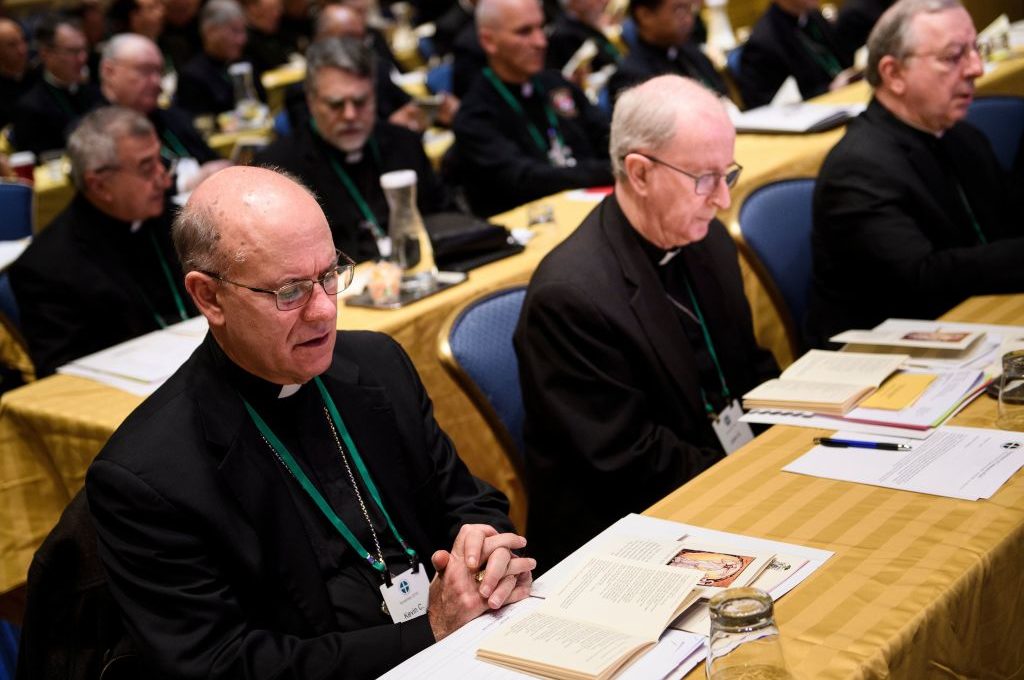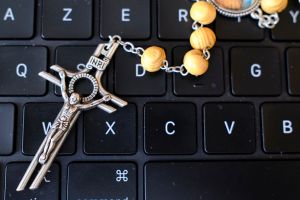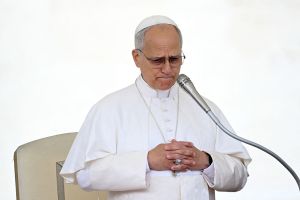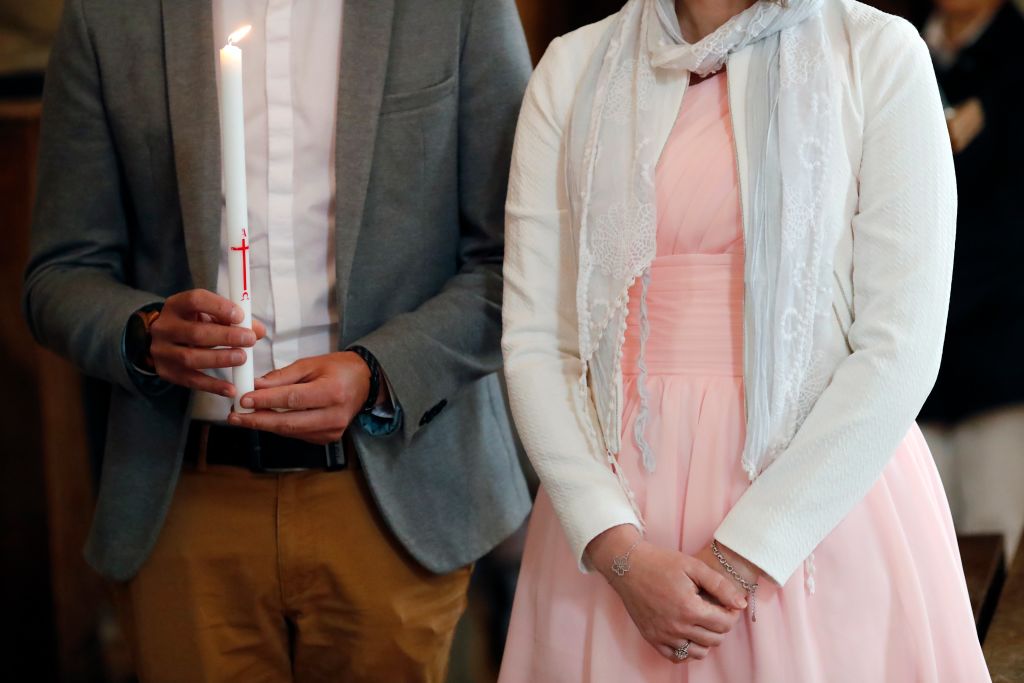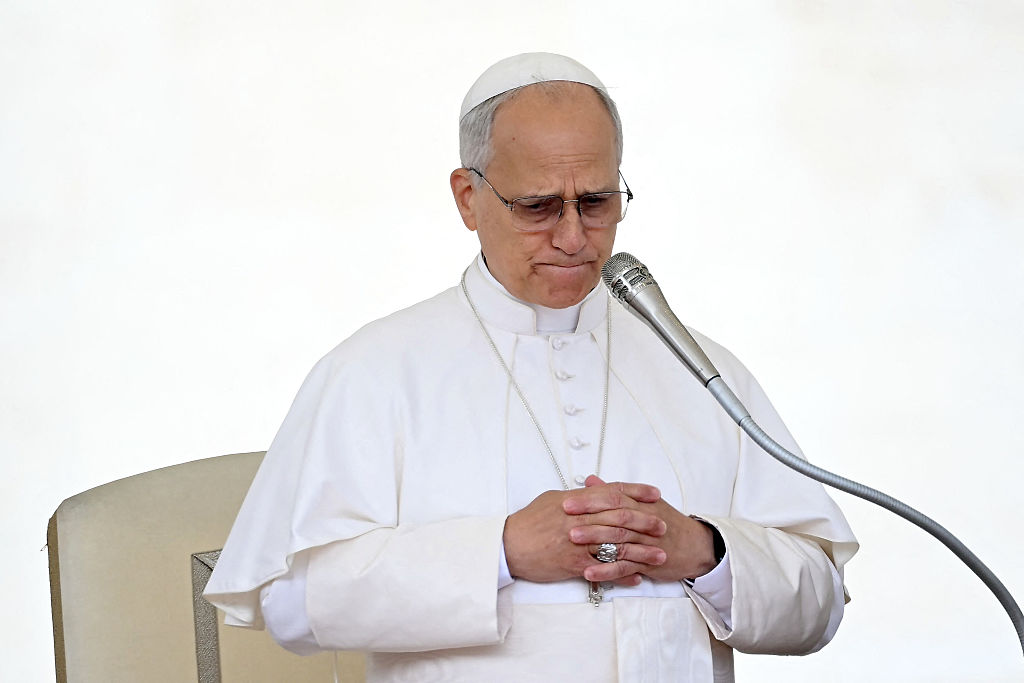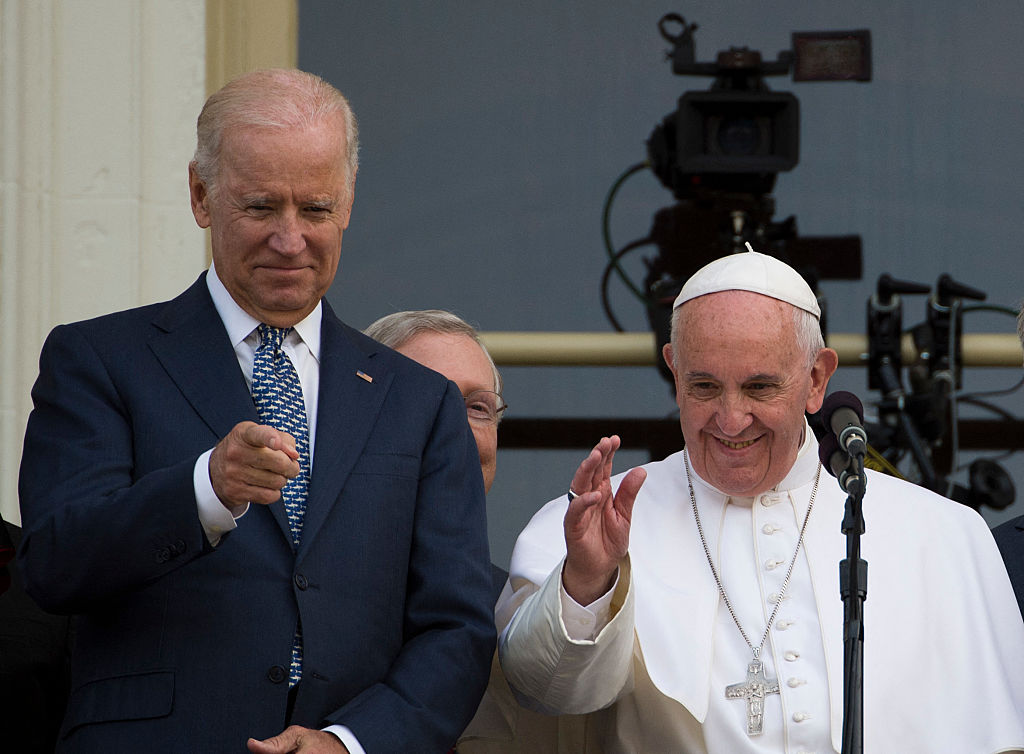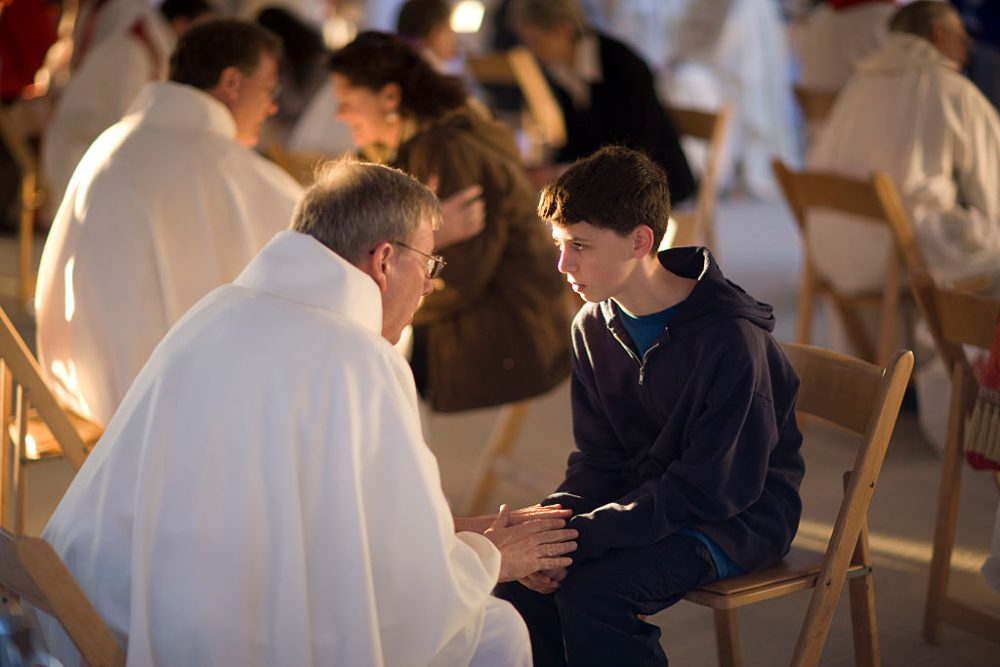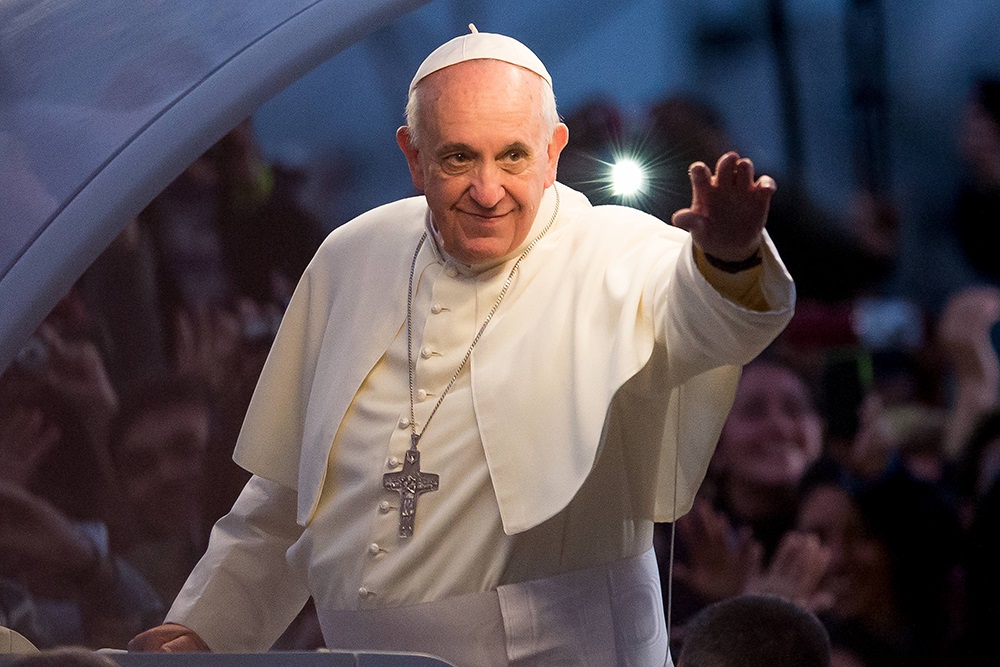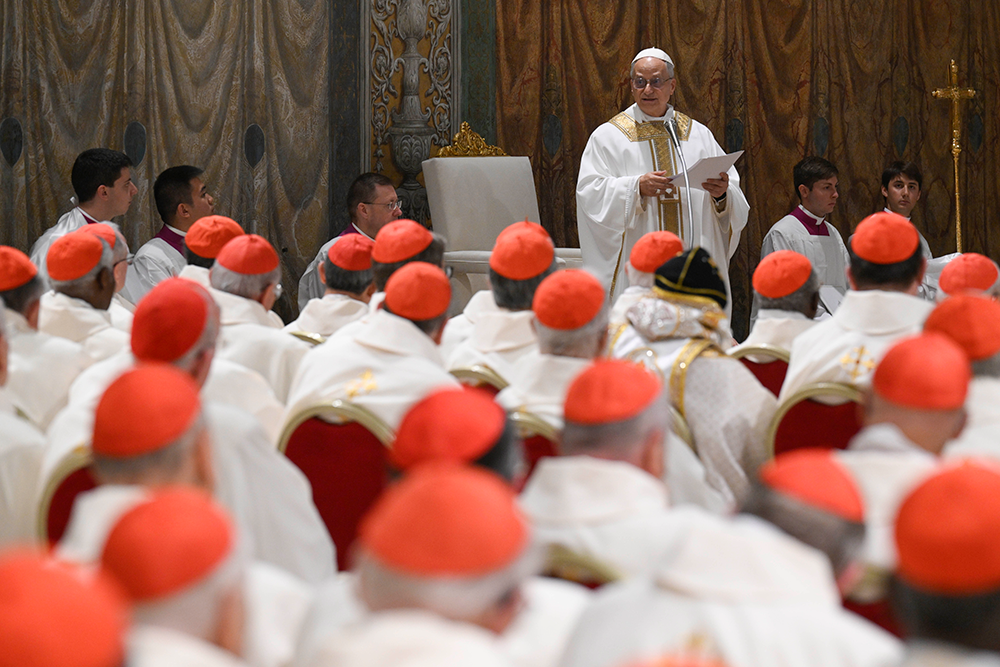Today the Catholic bishops of the United States are in Baltimore to begin their three-day annual general assembly. Security is tight, and protesters are expected outside the conference hotel. Inside, few are making any attempt to pretend that it is business as usual for the Church.
Months of scandals have reignited a sexual abuse crisis that many of the bishops hoped they had laid to rest a decade and a half ago. This time, it is the bishops themselves, rather than the rank and file priests, who are in the firing line.
The spectacular fall of ex-Cardinal Theodore McCarrick, who stands accused of sexual abuse and harassment of minors and adults over a period of decades, together a growing litany of states investigating dioceses across the country, have left the bishops looking like a suspect class, to Catholics and non-Catholics alike.
The next three days cannot hope to fix the situation, but the bishops are determined to make a serious start. Key among the proposals that have been circulated for debate in the coming days is a new set of Standards for Episcopal Conduct.
It is a document which tries to set the tone for the bishops’ meeting, announcing that the they have leaned an ‘profound lesson in the virtue of humility’ over the last few months and acknowledging ‘grave moral failures’ under their watch. But as an answer to the current crisis, many are unimpressed with its contents.
Over seven pages, the new code of conduct asks the bishops to individually commit to a series of standards and behaviors, even though each of them has already solemnly and voluntarily bound themselves to most of them upon ordination or assuming office. Other provisions barely rise to the level of basic moral behavior.
For example, signatories would dedicate themselves to properly reporting and dealing with accusations of child sexual abuse made against those under their supervision, and to properly support victims. Something the document itself notes is already binding on all of them anyway.
Other parts focus on the personal lives of the bishops themselves, asking them to undertake, among other things, ‘to practice the virtue of chastity,’ not to lead ‘secret’ or ‘double lives,’ not to use their positions for the sexual coercion of subordinates, and to ‘not engage in physical, psychological, personal, or sexual harassment of any person.’
The standards are meant to be a public rededication by the Church’s leadership. The draft notes that ‘ordination does not make us perfect,’ and a ‘clear framework of the Church’s expectations for bishop’s personal conduct’ would be a useful measure.
Behind closed doors, many of the bishops are furious at being asked to put their names to a document some see as a hollow PR gesture. Some have privately noted that, far from sending a message of contrition, it confirms the worst fears of Catholics: that as a body their leaders need to have the basic moral tenants of their office spelled out for them.
While resentment is simmering among some dedicated bishops, who feel they are again being asked to provide safety in numbers for their misbehaving peers, they concede — publicly and privately — that the document would not exist if the picture it painted were not a good likeness of at least some of them.
The example of Archbishop McCarrick, and the mounting evidence that Church authorities ignored reports of his misconduct for years, underscores the truth of the Standard’s introduction when it says that the bishops ‘have clearly failed in trying to police ourselves.’
One bishop I spoke to posed the obvious question: what bishop currently leading a sexual ‘double life,’ despite his oaths of office and the teachings of the Church, is going to suddenly reform because they signed a piece of paper?
‘What? This time they’re going to mean it, and I am supposed to act like this is going to change something — for them or me?’
It is a legitimate question. While the gross moral failures brought out over recent months are certainly not shared by all the bishops, the loss of credibility certainly is. To this end, the standards also pledge the bishops to setting up a special commission, led by lay men and women, to oversee investigations into any allegation against one of their number.
Such an independent body has been called for by many bishops in past months. Whether or not that commission comes into being, and in what form, its inclusion in the new episcopal standards for conduct makes for a pointed ending to the document, implicitly undermining the the credibility of the promises above.
If these standards are meant as a message to disaffected Catholics, that message seems to be ‘we promise to do the right thing, but don’t trust us on that.’ It is not one to inspire confidence.



